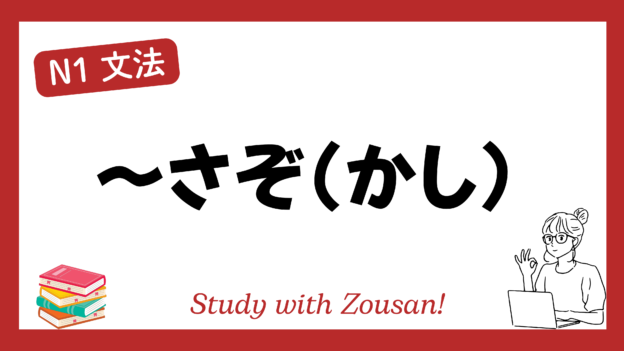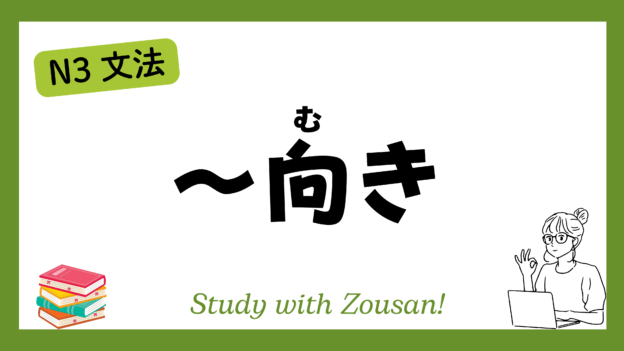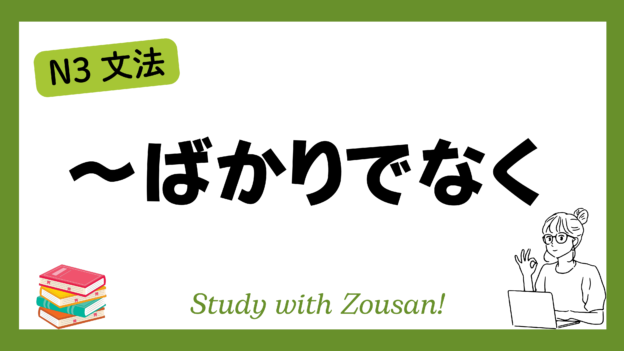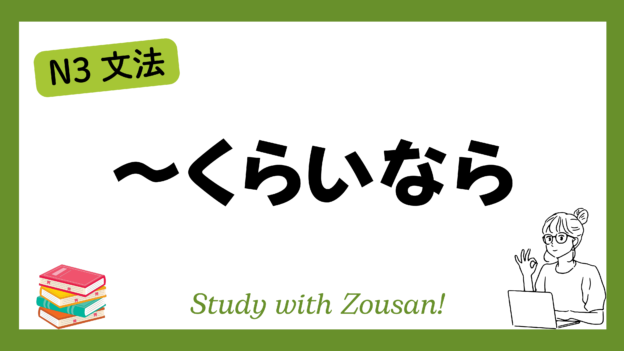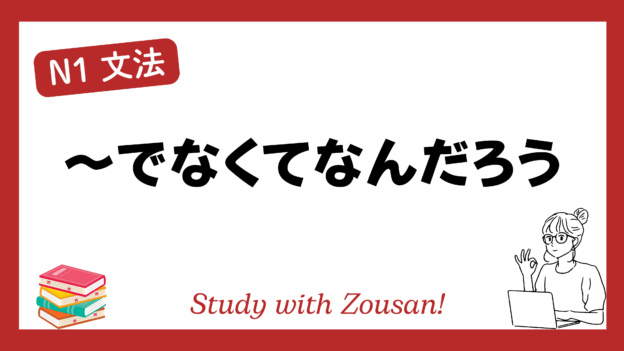N1文法:~さぞ(かし)
Meaning: “Surely…”, “I bet…”
This structure is used to express a strong guess or assumption about someone else’s feelings or a certain situation. The speaker is confident in their assumption based on the given information. “さぞ” can be used alone or with “かし” to add emphasis.
※Note: Commonly used in formal language or to show empathy toward others.
Structure:
| さぞ(かし) + | phrase |
Example:
-
-
-
🌟 彼はさぞ疲れているだろう。
(かれ は さぞ つかれている だろう。)
He must be really tired. -
🌟 あのプロジェクトはさぞ大変だったでしょう。
(あの ぷろじぇくと は さぞ たいへん だった でしょう。)
That project must have been really tough. -
🌟 彼女はさぞ嬉しかったに違いない。
(かのじょ は さぞ うれしかった に ちがいない。)
She must have been really happy. -
🌟 さぞかし緊張しているだろう。
(さぞかし きんちょう している だろう。)
You must be really nervous. -
🌟 試験の結果を待つ間、さぞ不安だっただろう。
(しけん の けっか を まつ あいだ、さぞ ふあん だった だろう。)
You must have been really anxious while waiting for the exam results. -
🌟 彼はさぞ驚いたに違いない。
(かれ は さぞ おどろいた に ちがいない。)
He must have been really surprised. -
🌟 あなたのご両親はさぞ喜んでいるでしょう。
(あなた の ごりょうしん は さぞ よろこんでいる でしょう。)
Your parents must be really happy. -
🌟 彼はさぞ疲れた顔をしていた。
(かれ は さぞ つかれた かお を していた。)
He looked really tired. -
🌟 こんなに長い会議、さぞかし退屈だっただろう。
(こんな に ながい かいぎ、さぞかし たいくつ だった だろう。)
That long meeting must have been really boring. -
🌟 彼女がこんなに頑張っているのを見て、さぞ誇らしかったに違いない。
(かのじょ が こんなに がんばっている の を みて、さぞ ほこらしかった に ちがいない。)
You must have been really proud to see her working so hard.
-
-



